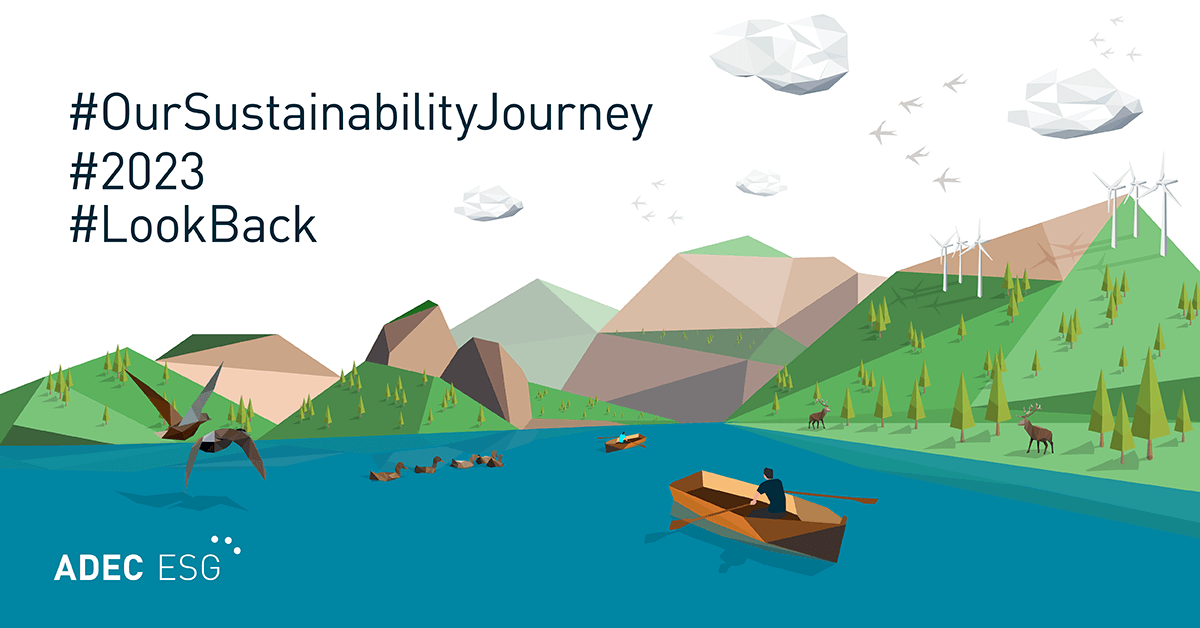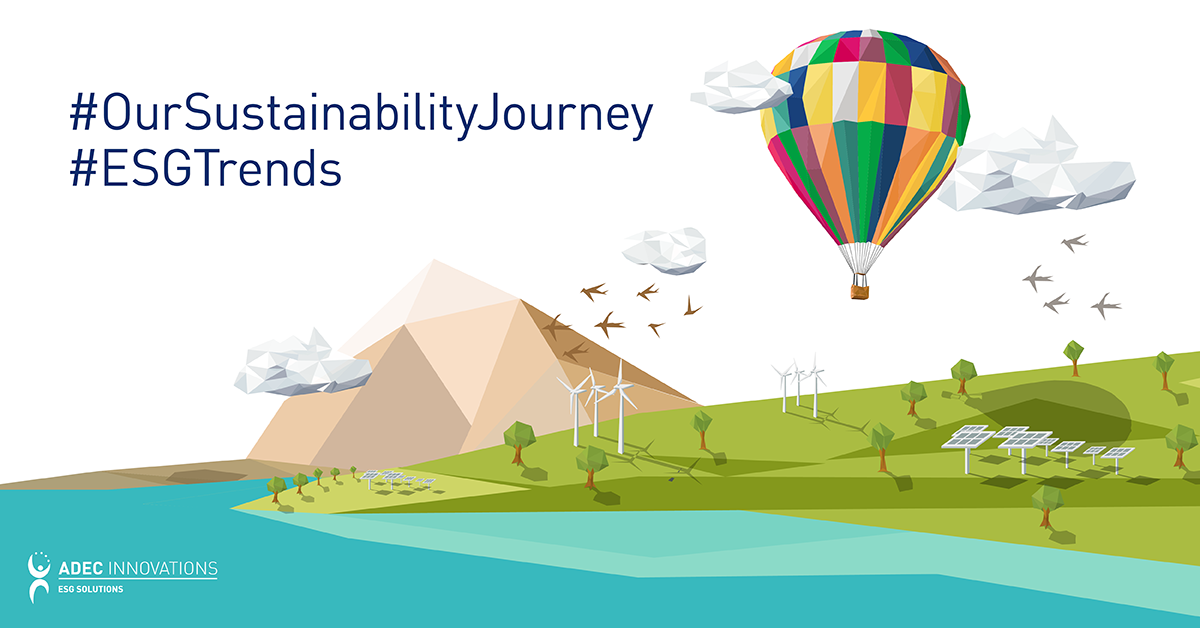There is a perception by some that renewable energy is expensive and only wealthy countries have access. Some think that developing countries can only afford less expensive fossil fuels. Over the years, however, significant green technological advances have made it possible for developing countries to access affordable clean energy. These countries are also the source of some of the most extraordinary wind, solar, geothermal, biomass, hydro and other natural resources.
Climatescope, a country-by-country assessment, interactive report and index, conducted a study on the clean energy activities of emerging markets from 55 developing nations in Africa, Asia, Latin America and the Caribbean. The results revealed that renewable technologies are an energy solution as cost-effective for developing nations as they are for developed ones. Topping the list in the Climatescope 2014 study of developing countries with the most effective clean energy and renewable technology investments are China, Brazil, South Africa, India, Chile, Uruguay, Kenya, Mexico, Indonesia and Uganda.
In addition, the estimated global renewable energy consumption in 2012 was 19 percent of total energy consumption and continued to grow in 2013, according to a report from REN21. A significant increase in global clean energy investments took place in 2014, with solar energy being the biggest contributor. These facts suggest that both developed and developing nations recognize the need to change old energy practices by becoming more sustainable and opting to use clean energy.
Global Efforts for Renewable Energy
2014 was a milestone for global clean energy investment as it grew by 16 percent to $310 billion for funds related to wind, solar, biofuels and other renewable technologies, according to Bloomberg New Energy Finance.
1. Europe
EcoWatch, a news website that reports on environmental sustainability, listed the top 5 countries in Europe that have been making significant improvements in their renewable energy use. While three (Denmark, the United Kingdom and Ireland) out of the five countries focused their attention on wind energy, the other two (Germany and Scotland) make use of all types of renewable energy to power their cities.
2. Japan
Japan has realized the potential of getting its energy from renewable sources. The country’s environment ministry released a study that shows ways Japan can triple its energy generation by 2030. Currently, the country gets 116.1 terawatt-hours from renewable energy sources that include wind, water and solar. This is projected to increase in the coming years, partly as a response to the 2011 nuclear disaster in Fukushima. With hundreds of citizens protesting a government decision to restart a nuclear plant, the transition to renewable energy is inevitable. In the years following the 2011 disaster Japan realized a significant decline of nuclear shares in electricity generation, which encouraged fossil fuel shares to rise. The government announcing an interest in transitioning to renewable energy makes Japanese citizens hopeful that the risks of nuclear power generation will become a thing of the past.
3. Mexico
In December 2014, Mexico passed its energy transition law which demonstrates how the country will generate 60% of its power from renewable energy by 2050. The law was passed as a result of projections of energy scarcity due to the country’s continued dependence on fossil fuels.
4. Canada
Canada plans to shift to renewable energy by 2035 as part of its sustainability initiatives, including the goal of eliminating 80% of its carbon emissions. The government, along with a number of scientists, hope this 2035 goal is met with full support from all its cities. In a first step, Vancouver recently committed itself to a goal of deriving 100% of its energy from renewable sources. The commitment stemmed from Mayor Robertson’s motion to take Canada’s global pledge of switching to renewable energy more seriously and was further promoted as part of the country’s lead-up to its official stand during this year’s COP22.
FirstCarbon Solutions (FCS) offers a wide range of energy management services for our Clients around the globe. FCS develops cost-effective solutions that help organizations and governments analyze their energy regulatory programs and strategies to lessen their carbon footprint and increase their bottom line. Our expert monitoring and managing of energy activities brings tangible results as Clients work their way towards a low-carbon future. For more information on clean energy sourcing and effective energy systems, read this article on the FCS blog.







